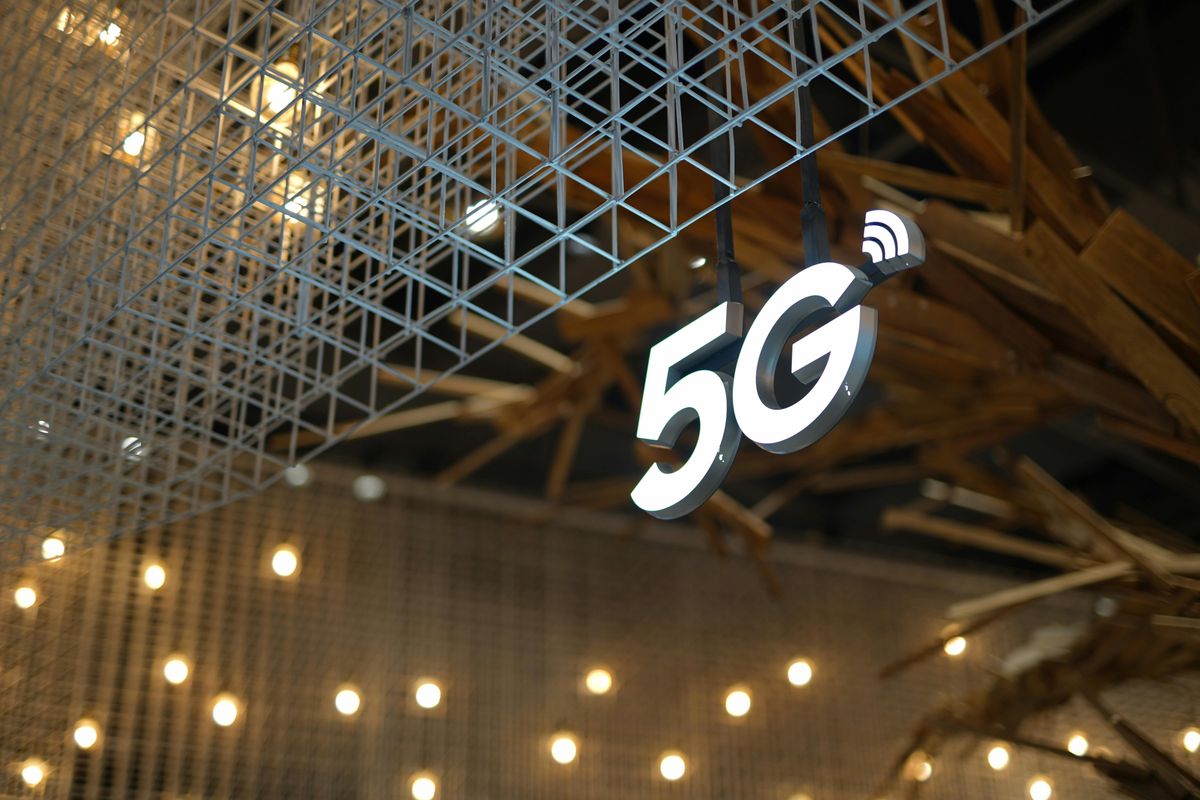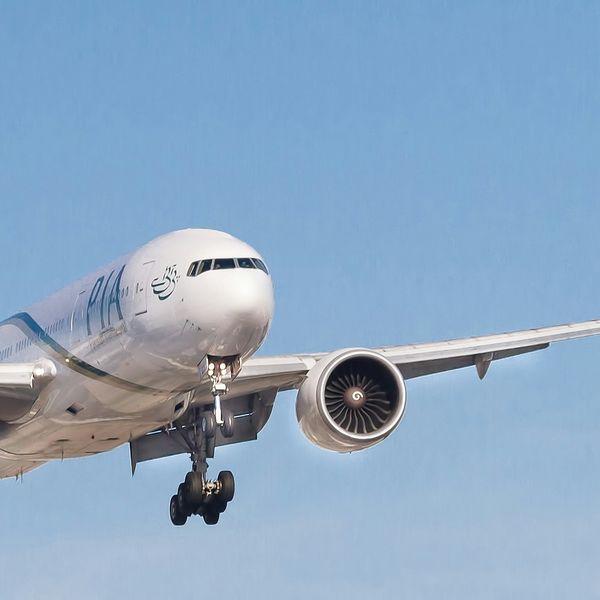Pakistan telecom sector faces challenges in 5G rollout
Economic, regulatory hurdles impede benefits of advanced technology
Business Desk
The Business Desk tracks economic trends, market movements, and business developments, offering analysis of both local and global financial news.

Telecom Sector in Pakistan
Pexels
Pakistan’s push to adopt 5G technology faces significant challenges, as questions linger about the country’s readiness to benefit from the advanced network, according to industry experts.
While 5G promises to unlock technological and economic opportunities, the lack of affordability, limited device availability, and a struggling telecom sector hinder its rollout.
Less than 1% devices in Pakistan support 5G, with average handset prices exceeding PKR 110,000, making the technology inaccessible to most households.
Despite 80% of the population living in areas served by mobile broadband, only 22% use mobile internet regularly, underscoring the need to address existing adoption gaps before introducing 5G.
Use cases for 5G, such as IoT applications like autonomous vehicles or remote medical procedures, require extensive supporting infrastructure that Pakistan currently lacks.
The telecom sector’s economic struggles exacerbate the issue. The steep depreciation of the Pakistani rupee has doubled spectrum acquisition costs, while energy prices have surged, with telecom operators allocating 25% of their operational expenses to power infrastructure.
High borrowing costs and persistently low Average Revenue Per User (ARPU), among the lowest globally at $0.90, further limit investments in next-generation technologies.
Government policies, including spectrum auctions, have come under scrutiny for prioritizing short-term revenue over long-term benefits.
Critics argue that high reserve prices deter competition and force telecom operators to divert funds from essential investments, such as expanding 4G connectivity, to meet spectrum fee obligations.
Global examples highlight alternative approaches. Countries like New Zealand and Finland have adopted policies to reduce spectrum costs and prioritize underserved areas.
Regional experiences with 5G, including struggles in India and Bangladesh, underscore the need for strategic planning and realistic expectations.
To realize 5G’s potential, Pakistan must reform its telecom sector through measures such as promoting affordable 5G devices, revising spectrum payment structures, reinvesting auction revenues in digital infrastructure, and simplifying auction mechanisms.
Bridging the digital divide and addressing affordability issues will be critical for creating a viable ecosystem for 5G adoption.
The government and industry stakeholders must balance fiscal priorities with sustainable growth, ensuring the rollout of 5G benefits all Pakistanis and contributes to a more inclusive digital future.







Comments
See what people are discussing